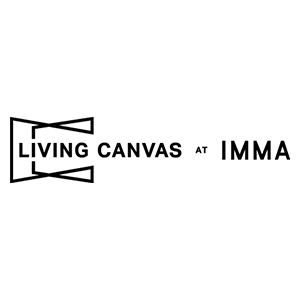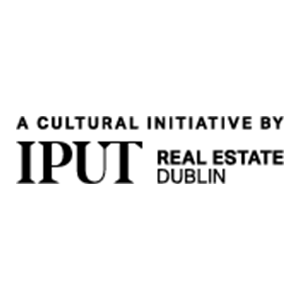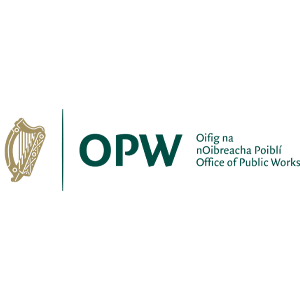Qué es para usted la poesía (What is poetry to you?) (1980) by Cecilia Vicuña is screened as part of Living Canvas at IMMA in celebration of the opening of the exhibition Reverse Migration, a Poetic Journey by Vicuña at IMMA. This is the first solo exhibition by the renowned artist, poet and activist in Ireland. For this exhibition, Vicuña’s delves into themes of ancestry, ecological urgency, and the interconnectedness of humanity inspired by the discovery of her ancient ties to Ireland. Reverse Migration, a Poetic Journey will run in the galleries until 5 July 2025.
About the film:
Cecilia Vicuña
Qué es para usted la poesía (What is poetry to you?), 1980
Video, sound; 23:20 minutes
Courtesy of the artist and Electronic Arts Intermix (EAI), New York
The artist Cecilia Vicuña asks passersby on the streets of Bogotá – including fellow artists and poets, sex workers, children, a police officer, and a scientist – the question: “What is poetry to you?” The surprising answers she elicits reveal the richness of oral culture in Colombia.
Text courtesy EAI
About the artist:
Cecilia Vicuña is a poet, artist, activist and filmmaker whose work addresses pressing concerns of the modern world, including ecological destruction, human rights, and cultural homogenization. Born and raised in Santiago de Chile, she has been in exile since the early 1970s, after the military coup against the president Salvador Allende. In London, she was a co-founder of Artists for Democracy in l974.
She coined the term “Arte Precario” in the mid-1960s in Chile, as a new independent and non-colonized category for her precarious works composed of debris, structures that disappear in the landscape, which include her quipus (knot in Quechua), envisioned as poems in space. Vicuña has re-invented the ancient Pre-Columbian quipu system of non-writing with knots through ritual acts that weave the urban landscape, rivers and oceans, as well as people, to re-construct a sense of unity and awareness of interconnectivity. These works bridge art and poetry as a way of “hearing an ancient silence waiting to be heard.” Her poetry and Palabrarmas (word-weapons) stem from a deep enquiry into the roots of language. Her early work as a poet in the 60’s was simultaneously celebrated by avant-garde poetry magazines as El Corno Emplumado, Mexico City (l961–1968), and censored and/or suppressed for many decades in Chile and Latin America.
Solo exhibitions of Vicuña’s work have been organized at a number of major institutions, including, most recently, the Museo de Bellas Artes, Santiago de Chile, Chile (2023); Tate Modern, London, United Kingdom (2022); Solomon R. Guggenheim Museum, New York, NY (2022); Museo de Arte Miguel Urrutia (MAMU), Bogotá, Colombia (2022); Centro de Arte Dos de Mayo (CA2M), Madrid, Spain (2021); CCA Wattis Institute for Contemporary Art, San Francisco, CA (2020); and Museo Universitario de Arte Contemporáneo, Mexico City, Mexico (2020). Her work has been featured in numerous group exhibitions, including in documenta 14, Athens and Kassel (2017), and the 59th Venice Biennale (2022), and is part of major museum collections around the world.
The author of more than 30 volumes of art and poetry published in the United States, Europe, and Latin America, her most recent books are: PALABRARmas, USACH, Editorial de la Universidad de Santiago (2023); Word Weapons, Co-published by RITE Editions and Wattis Institute, San Francisco (2023); Libro Venado, Direcciones, Buenos Aires (2022); Sudor de Futuro, Altazor, Chile (2021); Cruz del Sur, Lumen Chile (2020), Minga del Cielo Oscuro, CCE, Chile (2020), and New & Selected Poems of Cecilia Vicuña, edited and translated by Rosa Alcalá, Kelsey Street Press (2018), among many others.
Cecilia Vicuña was the winner of the 2023 Premio Nacional de Artes Plásticas 2023, one of the most prestigious awards given by her homeland. Preceding this recognition, Vicuña was elected a foreign honorary member of the United States Academy of Arts and Letters and also received the Gold Lion for Lifetime Achievement in 2022 at the 59th Venice Biennale.
Text accessed 30 September 2025 here.


